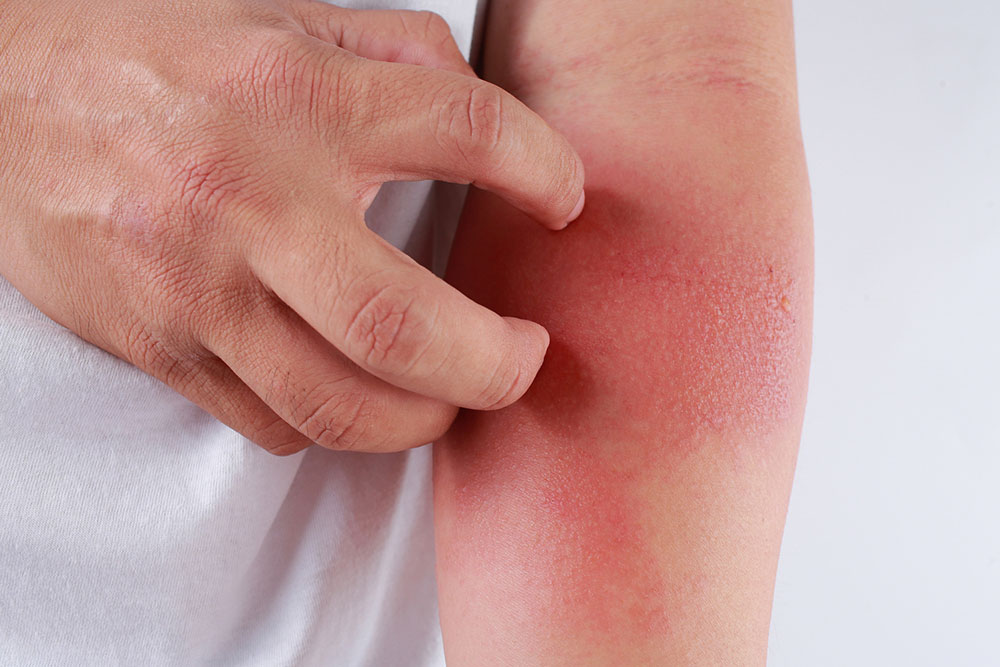
6 foods eczema patients must avoid
Some people dread winter not because the season is dark, deary, and wet with rain or snow but because they develop itchy, scaly skin and have red patches. These sore patches could peel or develop into boils that ooze. The instinctive impulse to scratch constantly leads to bleeding in severe cases. This, in turn, makes eczema worse. This itch-scratch cycle only becomes worse when the weather is dry and the air lacks moisture.
Quite a common skin condition in the country, eczema affects roughly 30 million people a year. A popular quote goes thus: “The beauty of food as medicine is that the choice to heal and promote health can begin as soon as the next meal.” This sounds accurate for some eczema patients. While not everyone with eczema is affected by the foods they eat, sometimes, consuming certain foods can exacerbate the classic symptoms of eczema. Flare-ups can increase when eczema patients eat the following foods:
1. Eggs
The top cause of itchiness in a majority of eczema patients is the egg. Raw, cooked, boiled or fried eggs are a common cause of eczema related symptoms in children and adults alike. The specific proteins found in eggs are mistakenly considered a threat to the body and the immune system produces antibodies to thwart the ‘attack’ , thus causing inflammation and reactions on the skin.
2. Soy
Eczema symptoms are significantly worsened by the consumption of soy in the form of foods like soybeans or soy sauce. Sometimes allergens in soy can produce severe life-threatening reactions in people prone to eczema.
3. Nuts
Dried fruits and nuts are healthy foods, but for people suffering from eczema, these could be perilous. Apricots, dates, prunes, all contain the itch-inducing salicylate and amines and also sulfur dioxide and natural MSG or monosodium glutamate.
4. Dairy products
Adequate calcium is necessary for strong bones, but dairy products are one of the leading agents that intensify eczema symptoms. It is the chemically altered products like fruit yogurt, fortified milk and such items that are the culprits. Dairy products can damage the sensitive gastrointestinal tract.
5. Grapes
Grapes, as a fruit or juice, wine, and as raisins might increase eczema inflammation because they are acidic by nature. Grapes naturally contain chemicals that increase itchiness and causes the skin to become red.
6. Gluten
This protein found in wheat and barley can cause scratching and eczema flares in some people; sometimes, even immediately after they come in contact with foods like bread and pasta.
A particular food that is nourishing for one person, such as nuts could cause eczema symptoms in others. Hence, carefully following the advice of a qualified physician or dermatologist is important. They would assist the patient get relief from eczema symptoms with a combination of various treatment methods. An assortment of medicines that can be ingested, creams or gels for topical application, and a wholesome diet that can reduce inflammation, improve skin health, and provide all the vital nutrients required for the efficient functioning of the body. Manage eczema by rectifying the imbalance in the immune system is certainly possible.


